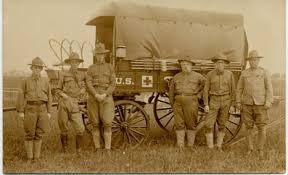

Over forty percent of the regiment's members were killed or wounded in the unsuccessful attack, including Colonel Robert Gould Shaw, a member of a prominent antislavery family, who was shot dead in the charge.ĭuring the war, African American troops also faced a different kind of battle: a battle against discrimination in pay, promotions, and medical care. Two of Frederick Douglass's sons were members of the regiment.

In July 1863, the 54th Massachusetts Infantry, the first black regiment raised in the North, led an assault against Fort Wagner, which guarded Charleston, South Carolina's harbor. Lincoln responded by threatening to retaliate against Confederate prisoners whenever black soldiers were killed or enslaved. The Confederate government threatened to summarily execute or sell into slavery any captured black Union soldiers-and did sometimes carry out those threats. While some white officers, like Robert Gould Shaw (1837-1863), who commanded the 54th Massachusetts Regiment, were proud to lead black troops in battle, others exhibited a deep resistance.īlack soldiers participated in the war at great threat to their lives. The active participation of black troops in the fighting made it far less likely that African Americans would remain in slavery after the Civil War.

Three-fifths of all black troops were former slaves. Twenty-four African Americans received the Congressional Medal of Honor for extraordinary bravery in battle. Altogether, 186,000 black soldiers served in the Union Army and another 29,000 served in the Navy, accounting for nearly 10 percent of all Union forces and 68,178 of the Union dead or missing. Indeed, it seems likely that it was the availability of large numbers of African American soldiers that allowed President Lincoln to resist demands for a negotiated peace that might have including the retention of slavery in the United States. By early 1863, voluntary enlistments in the Union army had fallen so sharply that the federal government instituted an unpopular military draft and decided to enroll black, as well as white, troops.


 0 kommentar(er)
0 kommentar(er)
